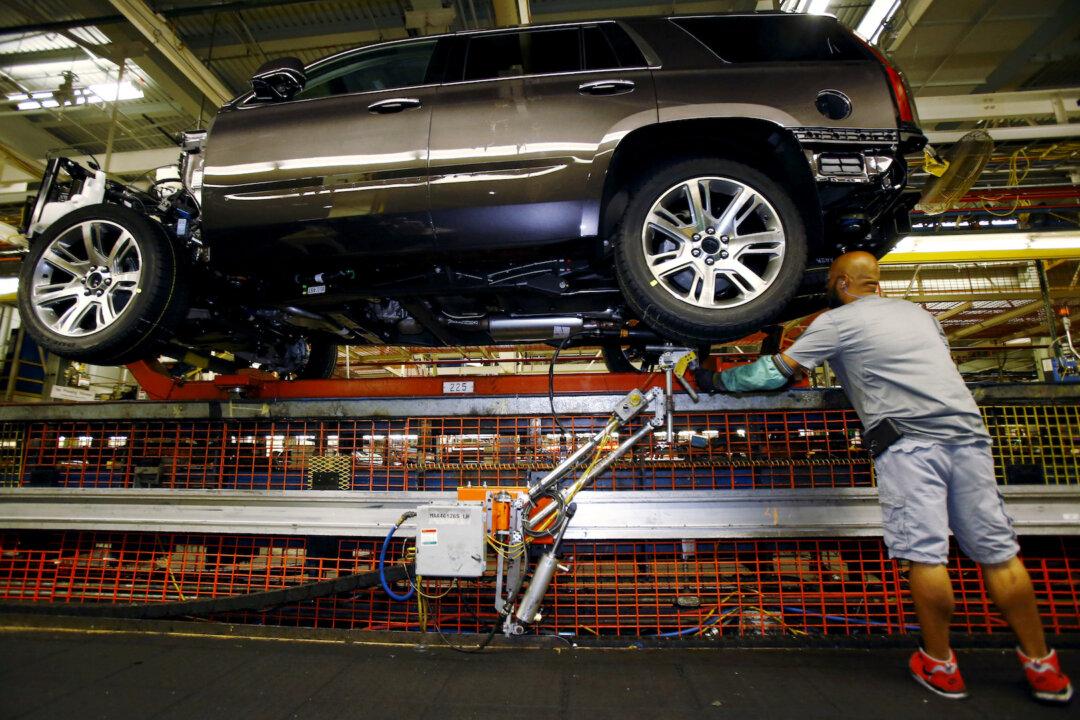General Motors will pay approximately 42,500 hourly workers up to $10,250 in profit-sharing payments in their Feb. 25 paychecks, based on its strong financial results in 2021, the company announced Feb. 1.
“General Motors is proud to provide our hourly employees with among the highest profit-sharing payments in the auto industry,” said David Barnas, a spokesman for GM.
“In fact, eligible hourly employees have earned more than $72,000 each in profit sharing since 2015.
“The results we are achieving today are helping secure a strong future for all of our employees as we continue to invest billions of dollars in our U.S. manufacturing operations and create thousands of jobs across the country,” he continued.
Meanwhile, workers at a plant in Kansas that was idled for long stretches last year due to the semiconductor chip shortages may not share in the full payouts.
GM and the United Auto Workers union, which represents the workers at that plant, sidestepped the situation at the press conference announcement.
Workers at GM’s Fairfax Assembly plant in Kansas are still awaiting news on how much of the year-end bonus they will receive, and some are concerned it will be substantially less than $10,250.
Many workers at the Kansas plant did not make the hours qualified to be eligible for full profit-sharing payments because of the extended downtime at the auto factory.
GM and the UAW said that they were in discussing the issue, but did not offer details.
GM’s quarterly earnings reached nearly $2 billion, excluding special items, topping the consensus forecast of $1.7 billion predicted by analysts.
The company had earned a total of $10.4 billion for 2021, excluding special items, up from $7.1 billion a year earlier, with a net income increase of 56 percent.
GM reported $10 billion in profit on revenue of $127 billion, up from 2020’s $6.4 billion in profit on $122 billion in revenue.




